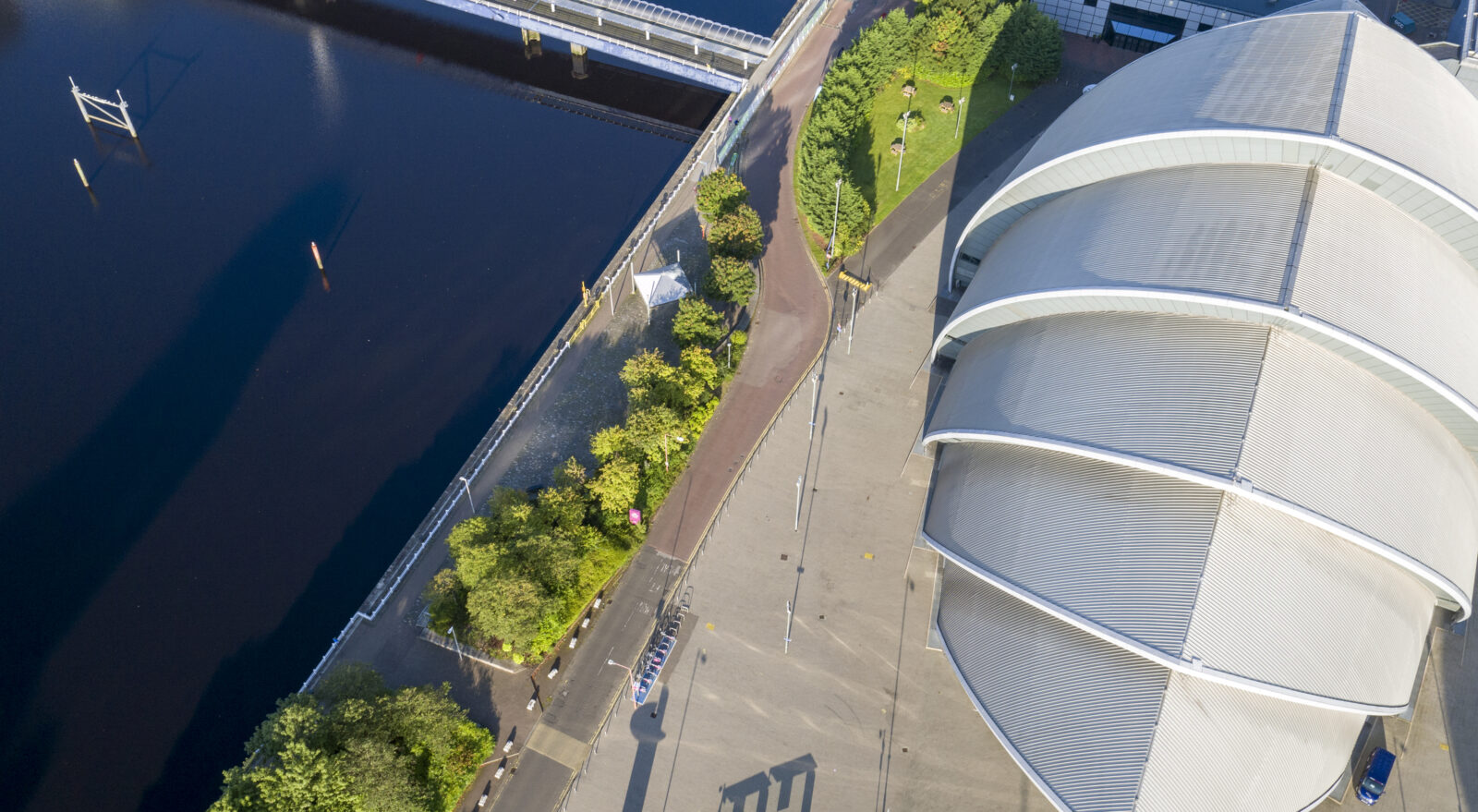For over 30 years, the Conference of the Parties (COP) has been shifting everyone’s attention towards climate change. Organized by the UN and attended by almost every country in the world, COP’s objective is to accelerate action towards a greener planet. This year’s COP26 will gather – at the time of writing – around 130 world leaders, together with thousands of negotiators, government representatives, businesses, and citizens for twelve days of talks.
Business Meetings Have Never Been More Important
Conferences and in-person meetings have long been recognized as drivers of social, economic and environmental progress. Bringing together very different minds, expertise businesses and innovators at face-to-face events has allowed people to collaborate and find solutions to modern day problems.
After nearly two long years of Zoom calls, Teams meetings and long hours spent communicating in pixelated boxes on flickering screens, the value of such meetings has never been more apparent.
And, at COP26 in Glasgow, the need to catalyze action and develop real solutions has never been more pressing.
Building on decisions made during the COP21 summit in Paris, this year’s conference will put pressure on countries to take urgent action to address climate change, namely to limit global warming to well below 2 degrees and aim for 1.5 degrees. The pandemic has amplified the enormity of the crisis facing the planet, bringing the threats we face into sharp perspective. The challenge facing delegates is to find ways to address them and make changes and decisions which inspire tangible results.
As a host, the Scottish Event Campus (SEC) in Glasgow recognizes the importance and the timing of an event of such magnitude not just for the UK and the entire world, but also for the business events industry, and has taken strides towards sustainability.
Building a Sustainable Venue
This is evident at the SEC as the venue develops a long-term sustainability which has been accelerated by the hosting of COP26 in the city.
The venue has introduced a range of innovative technologies. Electricity comes from 100% renewable sources and mechanisms are in place which reduce energy and water wastage. Energy efficiency is constantly monitored with the plant and machineries maintained and upgraded and recycling a key focus for the venue. In July the SEC launched its sustainable food strategy, an ambitious strategy that focuses on three key elements: what we eat, where it comes from, and how it is packaged. 80% of all produce comes from Scotland, 15% from the UK, and only 5% from overseas. Menus have a focus on high animal welfare, and plant forward, regenerative farming. All packaging will be recyclable or reusable by 2023.
What’s become clear is that sustainability is now central to delivering events. Having hovered around the periphery, it now lies at the core. Organizers are now starting their venue selection and planning process through the lens of sustainability. In just a short space of time, attitudes have changed dramatically, fuelled partly by the pandemic and mostly by the vivid images and real impact of climate change that we face daily. So delivering sustainable events is the way to making the event industry sustainable for the longer term. And that starts with people.
The SEC has a dedicated environment and waste manager who has the technical and scientific knowledge and expertise to drive and implement a sustainability strategy, planning and training, working with and supporting clients, promoters, and staff.
The aim is to create a healthy and sustainable venue and an environment where events are supported in every effort to become truly green.
A Dear Green Place
COP26 will perfectly highlight the legacy benefits of conferences, showing how the arrival in a city of an event of this scale presents not only the host venue, but local businesses and people with the opportunity to raise its profile.
Not only will the event bring world leaders and tens of thousands of staff and delegates to Glasgow, but it has shed light on the many innovations and measures which have been introduced in the city to combat climate change.
‘The Dear Green Place’, as Glasgow is known, has never looked greener and COP26’s green zone will also allow the public to learn about climate change, climate action and COP26 through cultural performances, exhibitions, talks and film screenings led by young people, indigenous leaders, businesses and grassroots organizations from across the globe.
The result is an all-encompassing event, the influence of which extends beyond the conference venue and builds a real legacy for the future.
The venue is ready to welcome a climate-change conference, establishing the new era of meetings, where big gatherings, game-changing decisions and sustainability go hand in hand.
Kathleen Warden, Director of Conference Sales at SEC said: “Conferences are recognized enablers of change and, if anything, our experiences during the pandemic have shown the true value of events and the opportunities they bring. Over the course of November, Glasgow will become a global hub creating a sharp focus for real change and climate action. Importantly, COP26 is a catalyst for change in the event industry, with organizers, venues and professionals across the globe taking unprecedented strides towards greener events, ensuring a prosperous, focused, purposeful future for the industry.”
